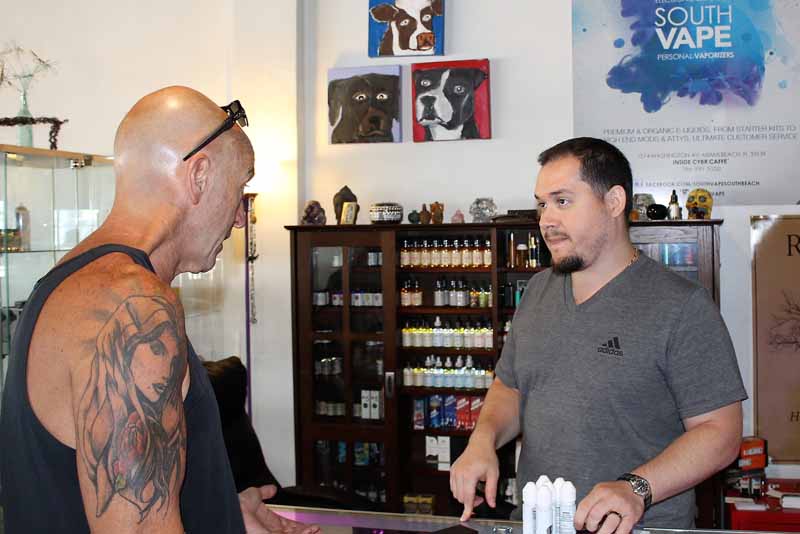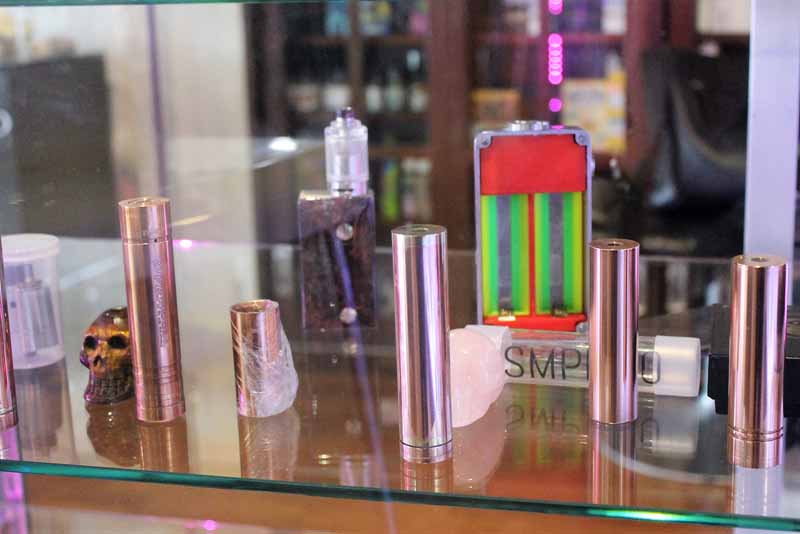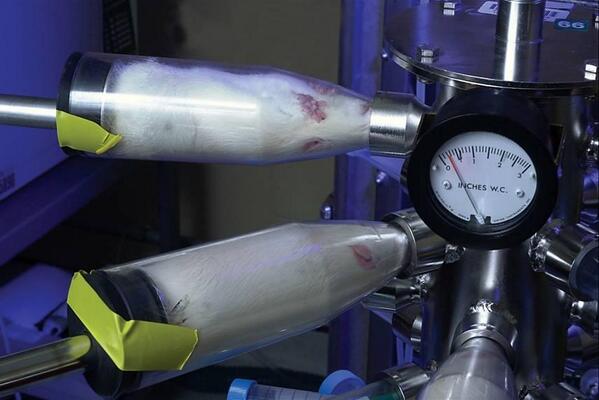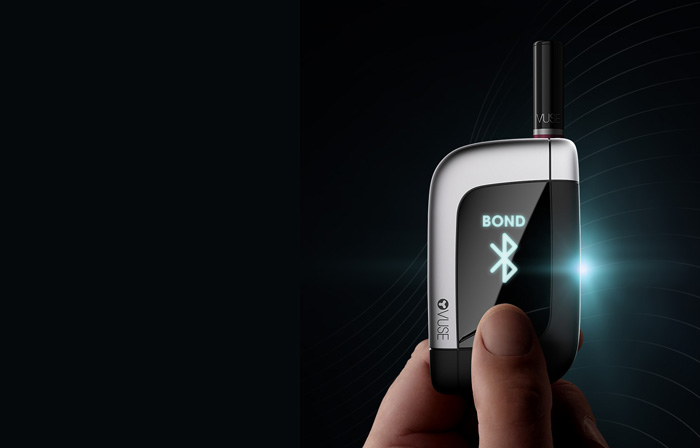A US public health expert has made the point that people – young people in this case – who vape are not tobacco users. They are vapers.
Dr. Michael Siegel, a professor in the Department of Community Health Sciences, Boston University School of Public Health, was responding to a press release issued by city attorney Dennis Herrera and supervisor Shamann Walton announcing the introduction of legislation to ban the sale of all electronic cigarettes in the city of San Francisco.
In part, Siegel’s point-by-point response to the press release focuses on the seemingly strange disconnect between the way that e-cigarettes and combustible cigarettes are viewed by legislators.
This is the second point of the press release that Siegel addressed:
“San Francisco has never been afraid to lead,” Herrera said, “and we’re certainly not afraid to do so when the health and lives of our children are at stake.”
And this is what Siegel had to say:
‘San Francisco is apparently afraid to lead because they are willing to take the politically expedient step of requiring safety testing for e-cigarettes, but they are not willing to place the same requirement on real cigarettes. In fact, tobacco cigarettes have already had their safety testing and they failed miserably. If San Francisco wants to lead, then why isn’t it taking cigarettes off the shelves?’
Siegel’s The Rest of the Story blog is here.









